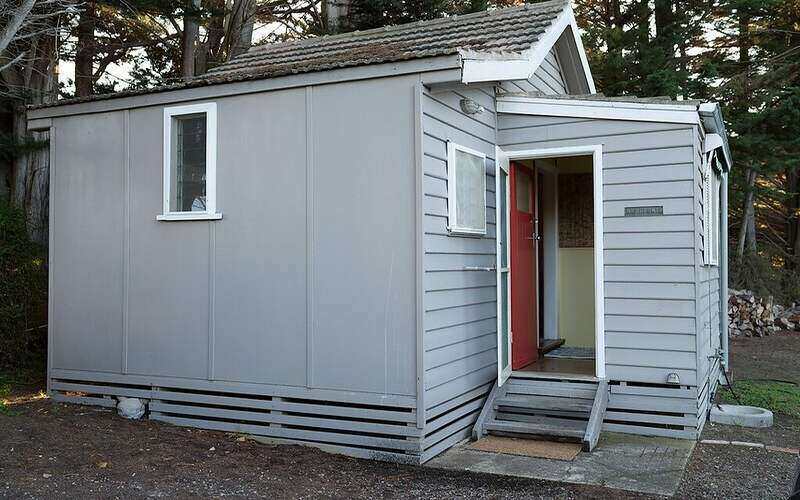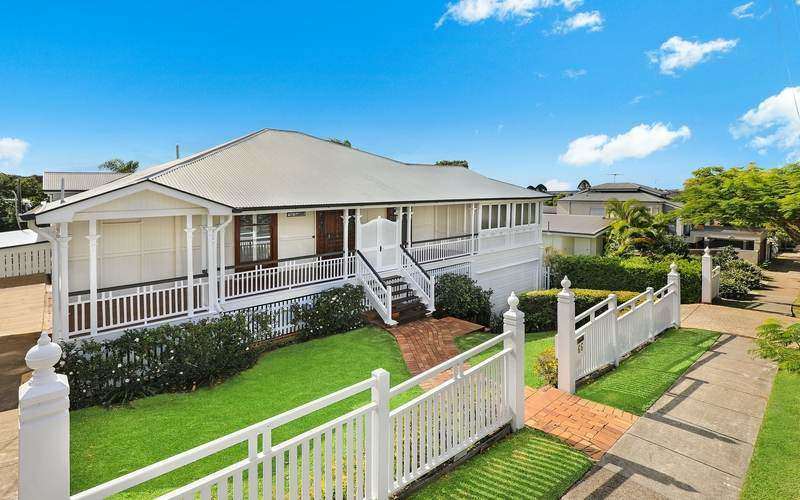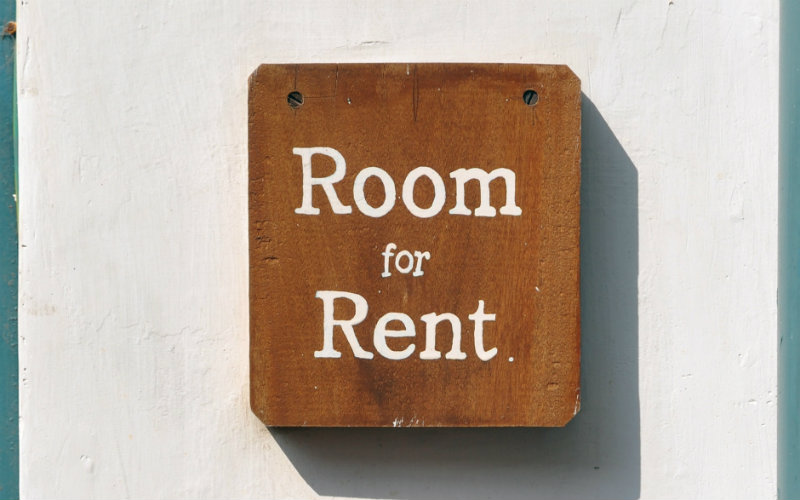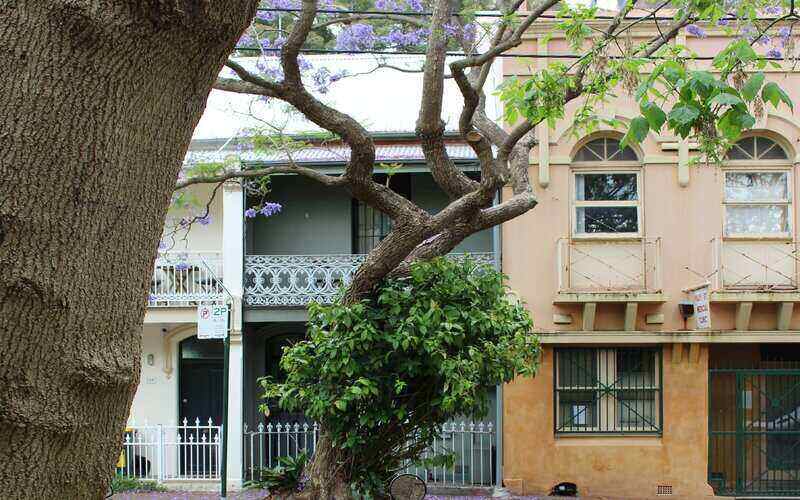We've all heard the term 'body corporate' - it conjures up images of neighbours from hell on A Current Affair, wars over shared fences, and complaints about barking dogs and the goldfish on your balcony.
But what exactly is a body corp? How much are the fees and how can you save on them?
Advertisement
Buying a home or looking to refinance? The table below features home loans with some of the lowest interest rates on the market for owner occupiers.
| Lender | Home Loan | Interest Rate | Comparison Rate* | Monthly Repayment | Repayment type | Rate Type | Offset | Redraw | Ongoing Fees | Upfront Fees | Max LVR | Lump Sum Repayment | Extra Repayments | Split Loan Option | Tags | Features | Link | Compare | Promoted Product | Disclosure |
|---|---|---|---|---|---|---|---|---|---|---|---|---|---|---|---|---|---|---|---|---|
5.54% p.a. | 5.58% p.a. | $2,852 | Principal & Interest | Variable | $0 | $530 | 90% |
| Promoted | Disclosure | ||||||||||
5.49% p.a. | 5.40% p.a. | $2,836 | Principal & Interest | Variable | $0 | $0 | 80% |
| Promoted | Disclosure | ||||||||||
5.64% p.a. | 5.89% p.a. | $2,883 | Principal & Interest | Variable | $250 | $250 | 60% |
| Promoted | Disclosure | ||||||||||
5.64% p.a. | 5.89% p.a. | $2,883 | Principal & Interest | Variable | $248 | $350 | 60% |
| Disclosure |
Body corporate fees
Body corporate fees go towards the upkeep and maintenance of the common areas in a subdivided property. For example, if you live in an apartment block, the body corporate looks after the building itself, the elevator and everything else that is used communally.
Generally, a body corporate is a legal entity created when land is subdivided and registered - that means apartments, townhouses, duplexes and other multi-resident lots.
Once you own an apartment, townhouse or duplex, you are automatically part of the 'body corporate' for that complex. That means you can have your say on any issues that may arise with the communal areas. On top of this, a treasurer, secretary and chairperson are usually elected, and these spots can be filled by anyone in the body corporate, so you can even run for office.
These fees sometimes also go towards a body corporate manager, who takes care of the body corporate responsibilities. This can be done in conjunction with a committee, or the manager can just assume all of the responsibilities.
What do body corporate fees go towards?
You're paying all this money hand over fist every quarter - it's easy to be cynical about where the money's going. Body corporate fees usually go towards:
-
Maintenance and repairs of common areas: A good example of this would be a gardener for a shared lawn, or a pool guy.
-
A sinking fund: A healthy sinking fund can cover infrequent upkeep of the property, for example repainting the building or replacing the ducted air-conditioning in an apartment block.
-
Insurances: Insurance premiums cover replacement value of common areas plus public liability.
-
Administration: This encompasses common maintenance of the common areas including lawns, pool cleaning, and recurring expenses such as pest control and so on.
All of this can easily add up to thousands of dollars a year, even if you have very few maintenance requirements in the common areas. Amenities more expensive to maintain (a swimming pool for example) will usually entail more expensive fees.
How much are body corporate fees?
Body corporate fees vary wildly based on the complex you're in - anywhere from $1,500 to upwards of $30,000 per annum is common, but fees are usually charged quarterly.
If you're looking at buying any kind of subdivided property, it's vital to check the body corp fees for the previous year and factor that on top of your mortgage repayment, and council rates when determining if you can afford the place.
Simply taking a look at your complex can be a handy indicator if your body corporate fees will be high or low. If it's low-set and brick with no pool or gym, chances are it could be at the lower end of the scale. But if it's a schmick apartment with fancy fittings, undercover garage, a pool or three, plus a gym - you can probably expect to pay more. Penthouse apartments may even incur a set of separate fees.
Other factors include:
-
The size, structure and age of the building
-
Management fees (when using a body corp manager)
Bigger building doesn't necessarily mean more expensive - a four-unit lot with a pool might cost more than a 10-unit lot with lesser facilities. That said, a smaller apartment block means you own a bigger proportion and more power is technically in your hands.
The total amount required to maintain the building for each year is budgeted and divided up among owners. As such, fees can vary from year to year, and if there is a body corp committee, they are presented at the annual general meeting. Owners are given the chance to agree or disagree with the figure, so it can be important to attend those meetings and have your say.
Body corporate v Strata fees
The fees are also called strata fees, but there's a slight semantic difference - body corporate refers to the group of owners, while strata refers to the title giving you a proportionate piece of the land.
If you're a homeowner with a strata title, you're on the body corporate - the power (partly) is in your hands.
Body corporate responsibilities
A body corporate has a wide range of responsibilities, including:
-
Maintaining, managing and controlling common property on behalf of owners such as elevators, gardens, pools, gyms, hallways and other shared spaces.
-
Deciding the amounts to be paid by residents - usually quarterly - to make sure maintenance of facilities can be taken out. These fees go into a sinking fund, which is used to replace major items, as well as things like structural repairs or painting.
-
Making and enforcing its own rules, called 'by-laws'. This basically sets out what residents can and can't do - in some states for example, the body corporate can prohibit residents from smoking, even on their own balcony.
-
Taking out insurance on behalf of owners over common property and building insurance. Insurance payouts usually go into the sinking fund, which help pay for repairs and major repairs, such as when a pipe bursts or something goes awry.
-
Managing and controlling body corporate assets.
-
Keeping records, such as minutes of meetings, a roll of owner details, finance accounts, asset registries and other financial and legal documentation.
Usually, decisions about these items are raised at general meetings, which happen at least once a year (AGM), where all owners are given the opportunity to attend. Other large meetings may take place, but usually require 14 days' notice.
How can I have my say at body corporate meetings?
As an owner, you are part of the body corporate, so you can have a say in what goes on in your complex. Usually, a body corporate has its AGM where all owners can attend and have their say.
-
Body corporate meetings are facilitated by an elected secretary, treasurer and chairperson and in the AGM go over forecast fees for the year, on top of any large repairs or maintenance needed. A particularly large event may require an additional meeting, with 14 days' notice usually required so owners can attend.
-
In Queensland, at least, body corporate committees are required to be elected annually, with the presiding secretary responsible for providing ballots, and tallying votes.
First past the post wins, so no representative democracies here. As an owner, if you're concerned about fees or issues that arise in the complex, it's important to attend meetings and maybe even run in the annual election yourself.
Other body corporates may go without a such a committee, instead engaging a body corporate manager to assume all of these responsibilities.
Are body corp fees worth it?
You might be reading this and thinking that with all these extra costs, you might as well just buy a house instead. However, you might be neglecting the equivalent maintenance costs it might take to keep your house up to scratch.
The general rule of thumb for the cost of maintaining a house is 1% of the purchase price per year. On a $600,000 home, that's $6,000 per year. Obviously this depends on the property market - if Aunty Flo paid $80,000 for her North Sydney mansion 50 years ago, it's probably a bit more than $800 per year to maintain.
With house maintenance, you're mostly on your own, and it's your responsibility , unless you hire someone to look after things like gutters, lawns, pools, plus any breaks and leaks that happen within the home. If you're deciding on a house or apartment, you'll have to weigh up the body corporate fees versus the '1% rule of thumb' as to which is the more economic option.
Body corporate may seem like some mysterious faceless entity but it generally isn't. As an owner of a lot in a complex, It can be important to know what your body corporate is like, so consider attending AGMs and meetings. It's like your complex's very own Parliament House. If you are particularly engaged, you may even put your hand up to be President, Treasurer, or Secretary.
Before buying an apartment or unit, it's important to do your research. This includes looking at strata reports, and may involve enlisting the help of a conveyancing lawyer. In the strata report you'll find expected levies and fees for the year - these can be a significant hit to the hip pocket, especially if you're in a fancy new building. Body corporate fees should be considered alongside mortgage repayments in determining whether you can afford the apartment or townhouse or not.
Separating the good body corporate management from the bad
Doing a bit of digging to find out how competent body corporate is in a prospective unit you want to buy can seem hard, but there are a few signs to look out for that can help you separate the wheat from the chaff. A good body corporate should have these features:
-
A consistent history of speedily addressing maintenance and repair issues.
-
Few or zero building defects in new buildings.
-
A healthy sinking fund - where will the money needed for irregular maintenance come from?
-
Punctual AGMs and readily available minutes, with a new committee elected every year.
-
A fully-insured building, in case the worst does happen.
-
Complete records of finances, legal documentation, AGM and meeting details and more.
-
A healthy level of complaints in the minutes: a handful of complaints can signify an honest and engaged body corporate, while too many may be cause for concern. Similarly, too few or none may imply that these complaints aren't recorded or being addressed appropriately.
On the flip side of the coin, a shonky body corporate can be tough to spot, and you may not know unless you do your research or even until you've moved in. Some warning signs are:
-
Poor recovery of levies: it can be optimistic to expect everything to be in the black all the time, but consistent levies in arrears by more than 20 per cent can be cause for concern, implying owners cannot pay their fees or that the body corporate has a poor collection policy.
-
Consistently missed or late AGMs: AGMs must be held within three months of the end of the financial year (June 30). A one-off is not cause for concern, however constantly missed ones can be a sign of slack body corporate, which means issues may not be addressed.
-
Similar to the above point, slow or no response to repairs and maintenance can be a concern - this can be anything from blown lightbulbs in common areas, to a malfunctioning pool pump.
This is by no means an exhaustive list - a full strata report can shine a light into the mysterious 'body corporate' of the home and block you wish to purchase.
Article first published 13 January 2020 by Harrison Astbury.
Photo by Daniel DiNuzzo on Unsplash

Ready, Set, Buy!
Learn everything you need to know about buying property – from choosing the right property and home loan, to the purchasing process, tips to save money and more!
With bonus Q&A sheet and Crossword!





.jpg)


 William Jolly
William Jolly
 Denise Raward
Denise Raward













